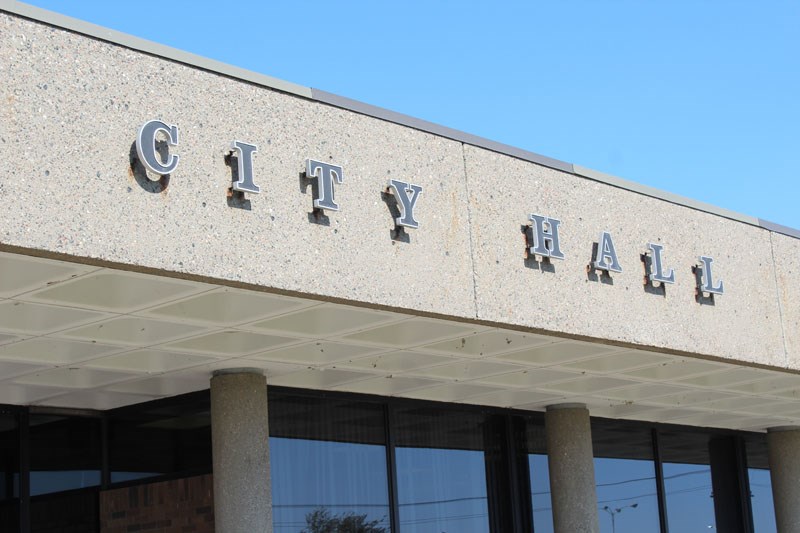The idea of having fewer members on Thompson city council, which was discussed at council’s committee of the whole meeting Feb. 22 and previously the topic of a proposed bylaw in 2018, is neither good nor bad, but both changing or staying the same have some advantages and disadvantages.
Possibly one fo the biggest potential arguments in favour of shrinking the number of councillors is financial. Two fewer salaries to pay, two fewer members to rack up travel expenses, modest though they may be, is attractive to people who don’t want their taxes to go up. But the amount of money such a move would save, less than $40,000 a year, means that it would be more a symbolic gesture than something that would, in and of itself, make any difference to local residents’ taxes.
As Coun. Jeff Fountain said Feb. 22, fewer councillors could also “ change the dynamic” of the elected body. One way this could happen would be if the factions that currently exist were more evenly split, making co-operation and compromise more common among those who hope to get anything other than routine business done. On the other hand, it could result in one side having an even greater advantage over councillors who are on the other side.
We don’t have to look that far back to see what council was like with fewer members, since it was only seven councillors plus a mayor from 2002 until 2010, despite the fact that provincial legislation required it to be eight plus the mayor, a fact that apparently no one bothered to check before cutting one council seat. It doesn’t seem that they were particularly more efficient or inefficient than the current council with the current numbers, but there definitely is some sense in ensuring that the total number of people sitting on council is an odd number, just for the sake of tie votes being less likely.
It’s quite possible that the discussion about reducing the number of councillors will amount to nothing more than a trial balloon, an idea floated but ultimately never acted upon. Talking about something at the committee level is no guarantee that any legislative changes will ever be made. As we saw four years ago, getting past first reading of a bylaw to reduce the number of councillors doesn’t mean there will be an actual change either. Fruitless as that process may have proved, it did at least pave the way for the possibility that this time around, unlike in 2018, all the talk may result in meaningful action before the deadline for making such a change in order for it to take effect at the next municipal election.
Regardless of what happens, Thompson can count itself lucky that, over the past few elections, there have been far more council candidates than available seats and that the reduction, if it comes to pass, is for reasons other than apathy and necessity.



